Study Skills and Strategies The Connors Family Learning Center
advertisement
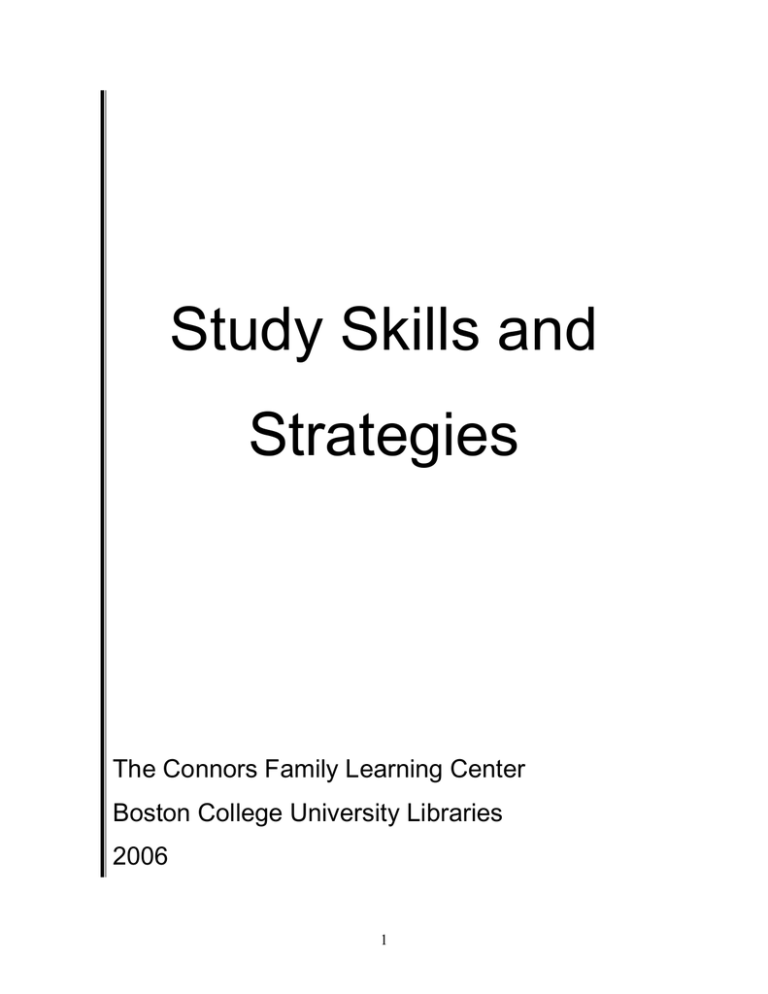
Study Skills and Strategies The Connors Family Learning Center Boston College University Libraries 2006 1 Compiled by Megan Summers The Connors Family Learning Center www.bc.edu/connors 2 Learn How You Learn: Know Your Learning Style Everybody learns in their own way and at their own pace. Everybody has a learning style that is most comfortable for him or her. Learning styles are generally classified into three different types: Visual learners tend to learn best by reading or observing. Auditory learners tend to learn best by listening. Tactile learners tend to learn best by doing, touching, or manipulating objects. Some people may also be a combination of more than one learning style. The problem is that, especially in college, a class may not be structured in your particular learning style. However, once you find out the ways you learn best, you can then tailor your studying so that it fits in your learning style. It is much easier to study and retain information when it is presented in a way that is most comfortable for you. 3 Some Examples: If you are a visual learner, it may be helpful create study guides with different colors and fonts to illustrate different topics or ideas. If you are an auditory learner, it may be helpful to tape record yourself reading your notes from a lecture and then play it back to yourself at a later time. If you are a tactile learner, it may be helpful to type your notes to make study guides. Take Note Note taking is much easier when the reading and the homework is done before class. Class also makes more sense and is much easier to follow when the work is done ahead of time. Some Helpful Hints for Note Taking: • Be an active listener during lectures. Active listeners pay attention to what they hear and try to make sense of it. • Decide what is important. If a professor repeats or stresses something, then it is probably important to note down. • Try to summarize the main points. If you can put a concept into your own words, it is much easier to understand and remember it. 4 • Go over your notes at the end of a lecture. Ask for clarification from a professor or come into the CFLC for tutoring if you do not understand part of your notes. Be Critical Critical thinkers engage in what they learn and try to apply their learning to real world experiences. The same idea can be used when reading. Evaluate and try to relate your reading assignment to what you already know and your life experiences. Interpret the main points of what you read. Try to understand the writer’s purpose for writing. When you are done reading a passage, summarize what you have just read in your own words. Time Flies: Tips for Time Management It is helpful to make a calendar of your assignments and responsibilities. When you can see the dates of your assignments, it is easier to plan ahead and set goals to help you finish them by specific times. 5 Avoid Procrastination—it only leads to stress! • Break large tasks into smaller pieces • Reward yourself when you complete pieces of your task • Get organized and stick to a schedule. • Use the resources on campus if you don’t know how to start an assignment or feel overwhelmed. See a professor or a TA, set up study sessions with friends, or come into the CFLC for tutoring. 6 Compiled with the use of: Kanar, Carol C. The Confident Student. Boston: Houghton Mifflin Company, 1991. 7
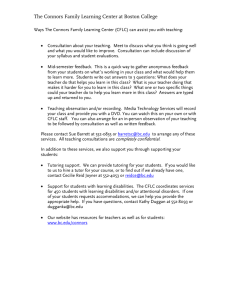
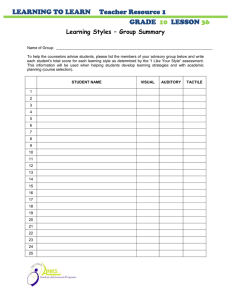
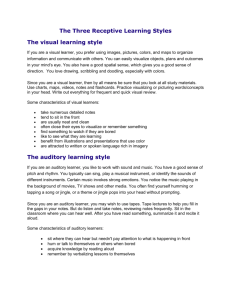
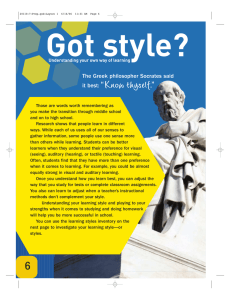


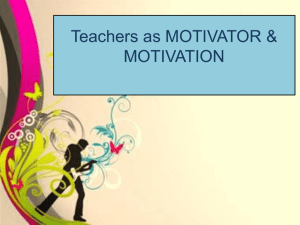
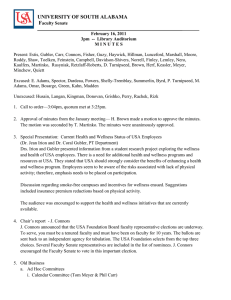
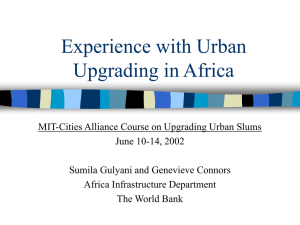
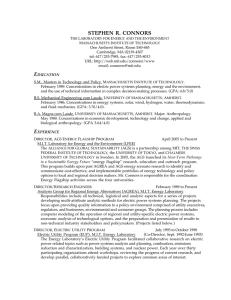

![[Connors Research Trading Strategy Series] Larry Connors, Matt Radtke, Connors Research - Trading Stocks and Options with Moving Averages - A Quantified Approach (2013, Connors Research) - libgen.li](http://s2.studylib.net/store/data/026186781_1-be5561876211479d5a0cd97d0a8e53a5-300x300.png)
